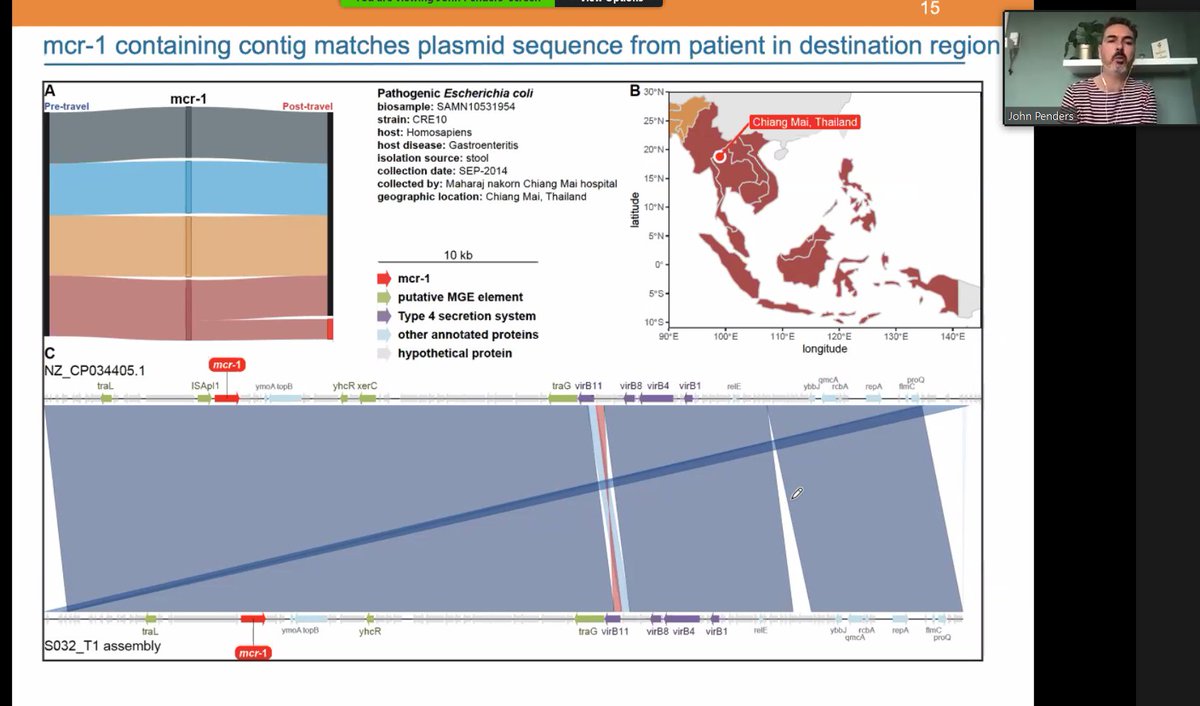
@ThinkingAboutV @nanopore The applied omics market based on #NGS technology is still an incipient market if we compare it to more established #diagnostics markets. But we are not far away from a point in time where every newborn's genome is ...
@ThinkingAboutV @nanopore ... sequenced at high quality (long reads, maybe with PCR-free including epigenome marks), and kept as an #EHR in the health system for future use. From then onwards, there will be recurrent #LiquidBiopsy assays, maybe once a year, to screen for a multitude of conditions.
@ThinkingAboutV @nanopore From 40-45 yo onwards, mainly cancer screening of healthy individuals, based on a #MachineLearning cancer classifier such as shown already by @GrailBio / $GH and others, but also other classifiers will come soon, such as #epigenomic profiling of #Neurodegenerative conditions, ...
@ThinkingAboutV @nanopore @GrailBio classifiers based on #epigenomic profiling of cardiovascular conditions, respiratory, and importantly also infective diseases. Easy to bridge the last one with another big use of applied omics, which will be genomic surveillance for vectors/agents of disease such as #SARSCoV2.
@ThinkingAboutV @nanopore @GrailBio So there is a lot of the applied omics market that is untapped, and the technology is either already there or quickly making its way. Screening based on these technologies is hugely beneficial to the health system, directly and quantifiably in single payor systems, e.g. NHS, ...
@ThinkingAboutV @nanopore @GrailBio but also overall in other less optimal models of health care. George Church @geochurch has calculated the x-fold value of a genome to the health care system, i.e. for every $ spent on a genome sequenced and available as an #EHR, how many $$ are saved in outcomes to health system.
• • •
Missing some Tweet in this thread? You can try to
force a refresh









